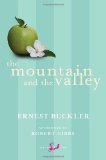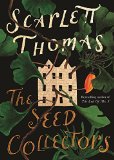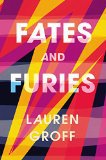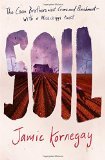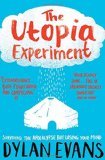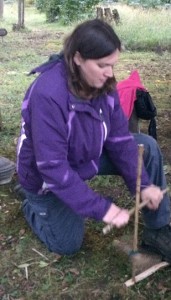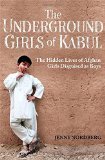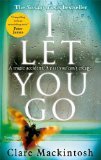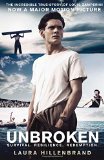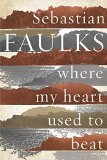Five words from the blurb: boy, family, world, awakening, growth
The Mountain and the Valley is a classic piece of Canadian literature, but is virtually unheard of in the UK. It was brought to my attention by David, a regular commenter on this blog. He persuaded me to give it a try, so I imported a copy from Canada. I can see why it is a treasured piece of Canadian literature (and why it is frequently on their school curriculum) but I fear it may be too depressing for some readers.
The book is a coming-of-age story which follows David as he grows up in a small Nova Scotian village at the beginning of the 20th century. It perfectly captures a child’s changing attitude to the world; showing how the innocence of childhood is lost as the difficulties of adulthood are slowly revealed.
I loved the first half of this book – the characters developed into engaging, but flawed, individuals and I was completely drawn into their difficult lives. It contained wonderfully atmospheric descriptions of life in this isolated community – I especially enjoyed reading about how they hunted, bartered, and supported others in times of hardship.
The writing quality was excellent throughout. Some might complain that the pace is too slow, but I was impressed by the vivid descriptions and the insight into the human psyche:
Each year marks the tree with another ring, the cow’s horn with another wrinkle. But until you were twenty, you were not marked. If one day was lost, the others closed over it so quickly that, looking back, there was a continuous surface. Everything was this side of the future. It was only when you thought back to the way you’d done the same thing you were doing now, in another year, that you could see any change in yourself.
Unfortunately the tone of the book became increasingly dark as it progressed. The unrelenting misery became overwhelming and I longed for the carefree happiness of childhood to return. I don’t want to spoil anything, so I’ll just say that I wish the ending had been different.
Overall, this was an impressive book. It deserves a wider audience outside Canada and I hope that my review persuades a few more people to give it a try.

.
